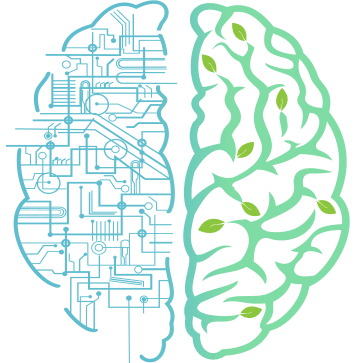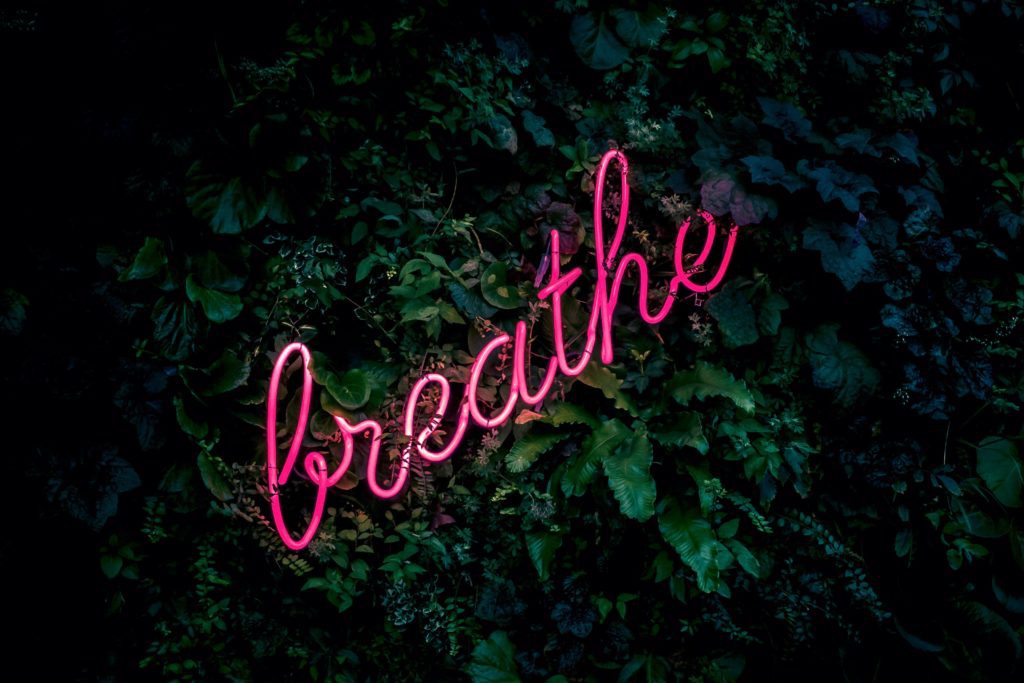Mental preparedness
Mental preparedness helps the body to perform under pressure in cases of uncertainty. Challenges tend to put the brain into work, and a state of challenges results ensures demands are met. Meeting the demands require increased levels of self-confidence, the control of perceptions and focus on the success of overcoming the situation. Availability of resources, e.g. skills to overcome any uncertainty, is a crucial element of showing preparedness. (Turner, 2011). Uncertainty tends to cause unexpected anxiety as the brain processes any information feed into it. The brain always tends to form many stories, views of untested stories due to uncertainty. The brain will always assume something worse might happen, personalize the likely threats, and jump to conclusion on the uncertainty. Therefore, it is always necessary for the brain hardening not to overestimate threats and underestimate the personal ability to handle the pressure.
The brain acts from the response of the adrenaline. When certainty is questioned during uncertainty, the psychological stress levels rise, that pumps the blood for a reaction that spurs the actions into safety (Gelatt, 1989). People over the years have conditioned themselves to habits, and the results might lead to anxiety or stress. Science has proven that different people tend to react differently to uncertainties’ that lead to resilience change. Researches have proven that people are prone to uncertainties’ and unavoidable, but they can always put measures into place to help them during the uncertainty periods (Grupe and Nitschke, 2013). The various ways include;
Personal kindness
The virtue helps in reminding yourself that the pandemic is only here for a short time, and finally, it will get resolved. The measure means having to exhibit patience with yourself and increase your tolerance levels for uncertainty.
Past successes reflection
The measure helps in self-reflecting about successes in the past and how you dealt with different challenges and uncertainties’, and finally, you overcame the challenges. Self-reflection helps in reminding yourself on the necessary measure you undertook and adopted during the past uncertainties’ and reviewing their rates of success. The review assists in coming up with solutions on what’s the likelihood of overcoming the challenge differently.
Developing new skills
During the period of the pandemic, you can challenge yourself by developing new skills that can make you forget about the current situation. The challenge helps in boosting morale and having a positive impact on the brain. Through this, calmness prevails as you try to develop something out of the comfort zone. The process helps in boosting confidence, and the skills acquired might become helpful when the situation comes back normally. Similarly, it is a lesson learnt for future correspondence.
Do the basics and avoid panicking
During this uncertainty, the basic requirements would urge people to remain calm while maintaining vigilance. The importance is that proper following of the expert’s recommendation will help in overcoming the situations that lead to proactivity and strong immune system.
Keeping the Mind in check
Whatever information is fed to the Mind always affects the body either positively or negatively. Personal perspective plays an important role in the Mind taking control of the situation. The best Mind preparations call for agility and the uncertainty not to cause fear, panic or worry that got negative effects on the brain. The importance of keeping agile is to avoid negative effects such as stress that may compromise the immune system and expose through vulnerability.
Pre-performance routines
During the pandemic, how a person spends his/her time is a very important aspect. When you spend your time on anxiety, the nervous levels will affect your performance ability to other tasks and affects you negatively. The pre-performance ability helps train the mind to adapt to pressure caused by the uncertainty. Setting a positive mental game and assigning yourself a task and performing it to its conclusion helps in the control of the mind during the hard times.
In conclusion
a Mind is an important tool in a person’s body. What’s fed into the mind affects the performance of the body either positively or negatively. Positive thoughts and taking the necessary recommendations can help overcome the uncertainty during these hard times. Therefore, it is advisable to look into the various solutions on the positive psychological approaches to avoid the negative psychological approaches to the challenge.
References
Gelatt, H. B. (1989). Positive uncertainty: A new decision-making framework for counseling. Journal of counseling psychology, 36(2), 252.
Grupe, D. W., & Nitschke, J. B. (2013). Uncertainty and anticipation in anxiety: an integrated neurobiological and psychological perspective. Nature Reviews Neuroscience, 14(7), 488-501.









